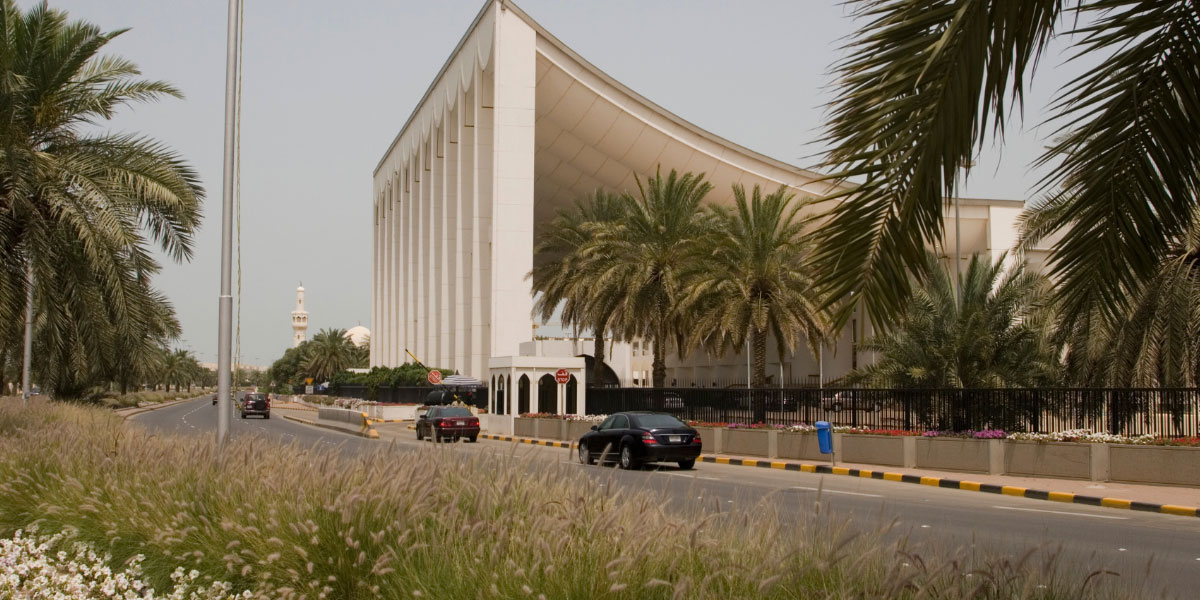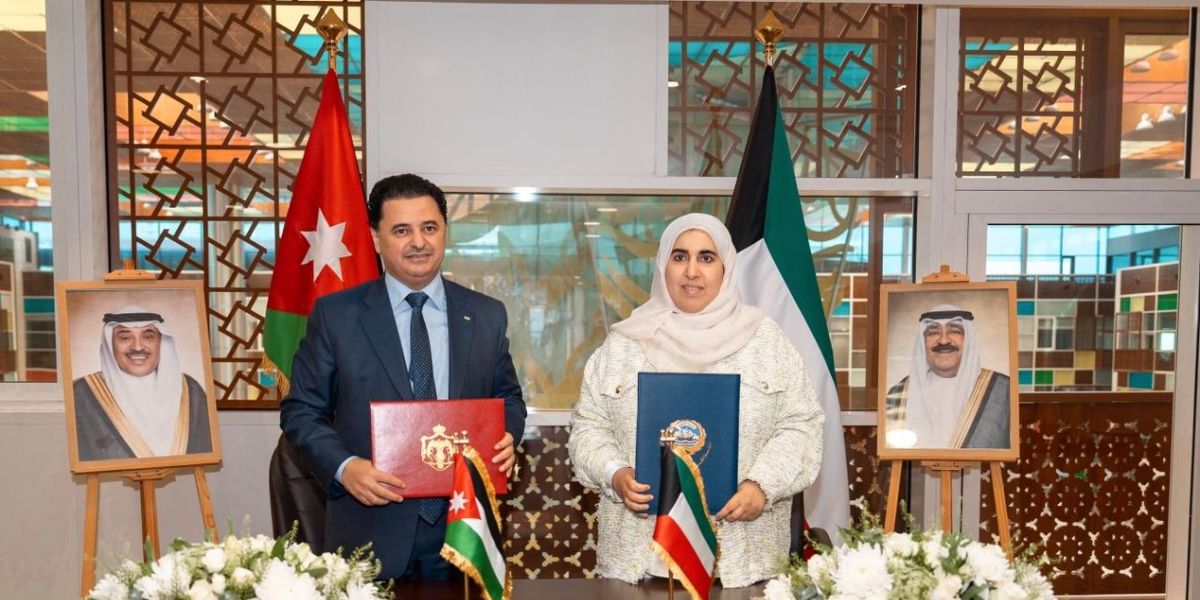On 21 September 2015 IMF staff issued a report under Article IV of their articles of agreement following consultations in Kuwait.
The recent drop in oil prices has adversely affected the economy and has slowed growth. Non-oil sector growth slowed to an estimated 3.2% in 2014 from 4.2% in 2013. Structural reforms should be implemented to improve the efficiency of capital expenditure to strengthen non-oil growth and gradual adjustment of government spending is required, for example by continuing subsidy reform and introducing wage reform.
The IMF report notes among other recommendations that Kuwait must make efforts to raise non-hydrocarbon revenue. A business profits tax on the net profits of all companies operating in Kuwait, together with simplification of the present tax rate structure, could raise KD 500 million to KD 800 million. This revenue would amount to 1.3% to 2.1% of Kuwait’s GDP.
Also the implementation of a value added tax (VAT) could raise additional revenue amounting to 2% to 3% of non-oil GDP. A framework for a VAT system has recently been agreed at the level of the Gulf Cooperation Council (GCC). The IMF considers that Kuwait should now move ahead with implementation of the VAT.
The challenges of diversification are already being met by laws aiming to improve the business environment. Legislation on foreign investment and by-laws for small and medium enterprises (SMEs) have been finalized and registration and licensing procedures for investors have been streamlined. The establishment of the Kuwait Direct Investment Promotion Authority has led to an increase in foreign direct investment (FDI) into Kuwait.
The IMF report suggests that Kuwait also needs to implement measures encouraging firms to expand their domestic operations and develop export markets. Measures should also be implemented to enhance infrastructure and give support to workers in gaining necessary skills.
The report notes that companies in Kuwait currently have a lower price to earnings ratios than peer companies and a lower return on assets than companies in other countries of the region. This may indicate weaker confidence in the business environment in Kuwait. Measures recommended by the IMF report include deepening asset markets to provide alternative means of finance and investment. The investment climate in the economy needs to be improved by reduction of the costs of doing business; increased privatization; stronger corporate governance; bankruptcy procedures and making available better data for investors.
















